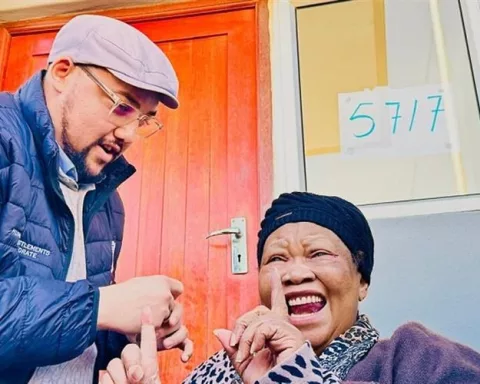Recent events have brought to light the importance of responsible pet ownership and seeking legal action in cases of harm caused by pets. The case of Micayla Marshall, who was awarded nearly R100,000 in damages after struggling with PTSD for nine years due to a dog attack, highlights the potential emotional and physical harm inflicted by dogs.
The Siberian Husky Attack
Marshall and her sister attended a social gathering at the defendant’s home in January 2014 when a Siberian husky lunged and bit both of her forearms. This attack caused physical pain and led to PTSD, which still affects Marshall today. She also experiences anxiety when encountering dogs while rollerblading.
Damages Awarded by the Western Cape High Court
Judge Deidré Kusevitsky awarded Marshall R50,000 in general damages, R37,567.61 for past medical expenses, and R4,620 for future medical treatment. The damages will be sought from the defendant whose home the incident occurred at. The case was reopened after the defendant failed to pay the full amount owed for Marshall’s medical bills.
Responsible Pet Ownership
Responsible pet ownership includes training, socialization, and proper containment to prevent harm to others. In the case of the Siberian husky attack, the defendant failed to properly restrain the dog, leading to the attack on Marshall.
Pet Owners’ Responsibility
Pet owners must take responsibility for their pets’ actions and ensure they do not cause harm to others. In this case, the defendant failed to take responsibility for the attack and offered to pay only a portion of Marshall’s medical bills, leading to legal action.
Pets can bring joy and companionship to our lives, but with that comes the responsibility to ensure their behavior does not harm others. By being responsible pet owners and seeking legal action in cases of harm caused by pets, we can prevent future incidents like the one experienced by Micayla Marshall.












